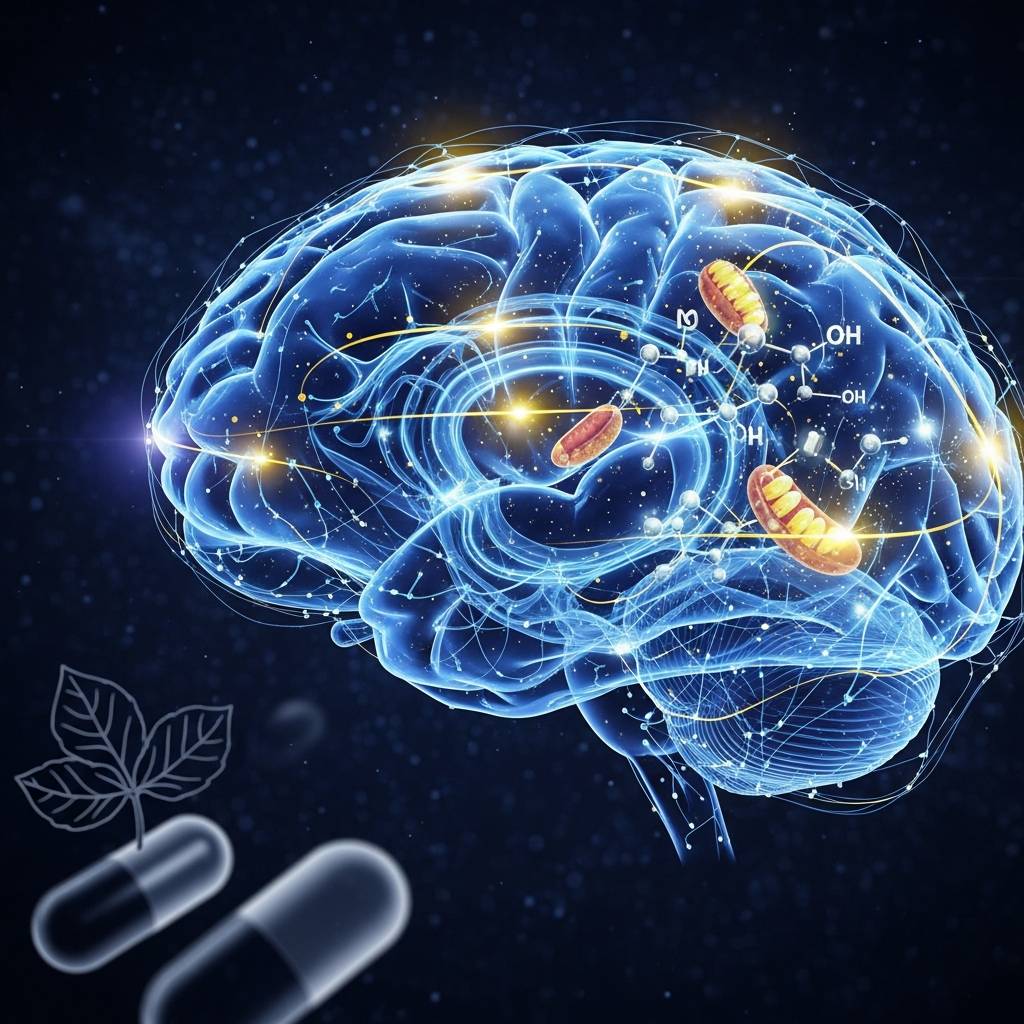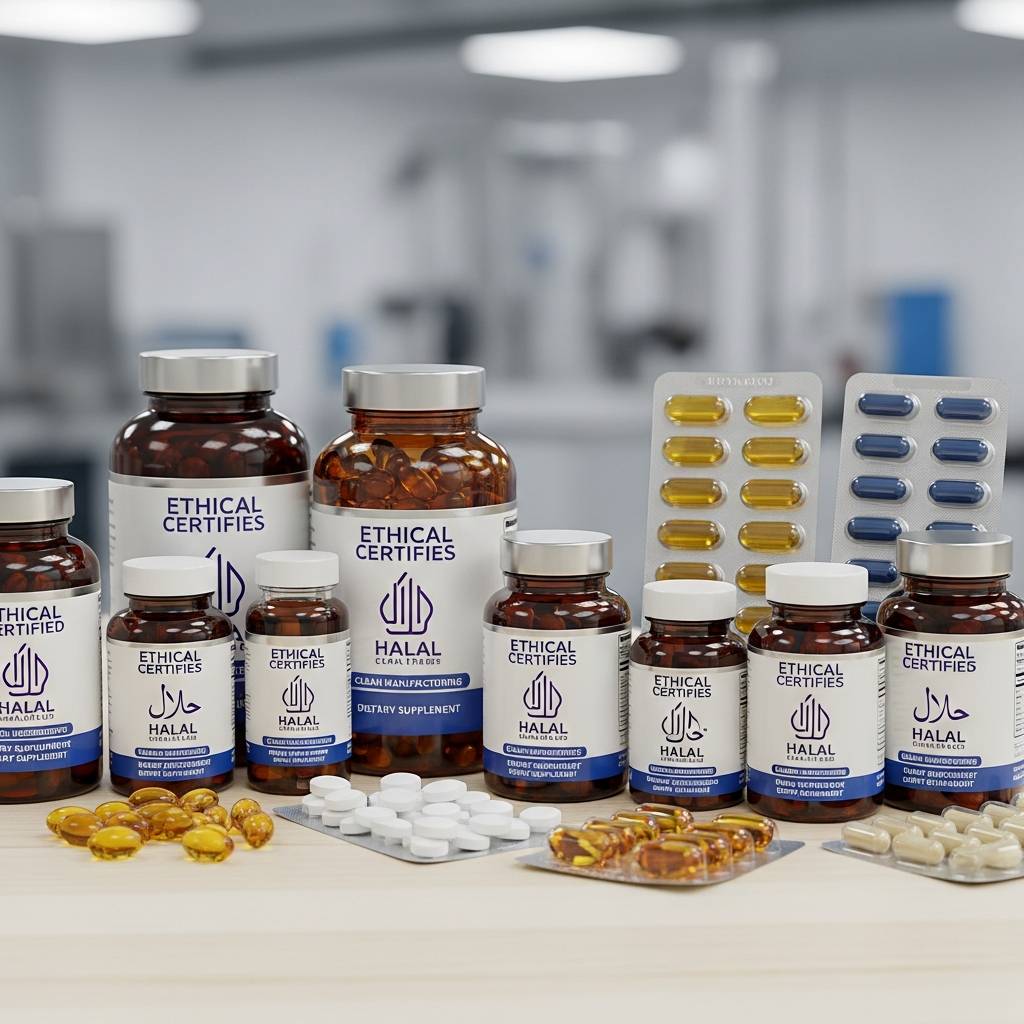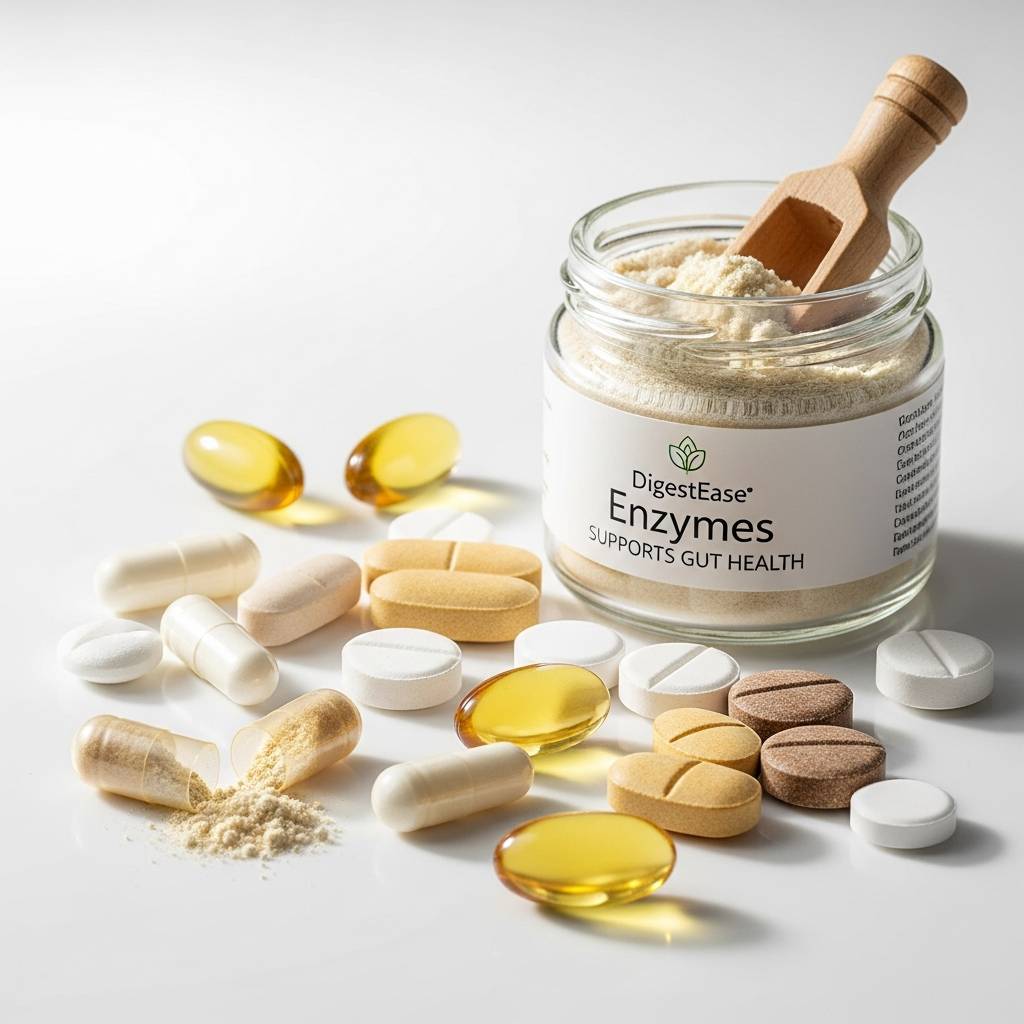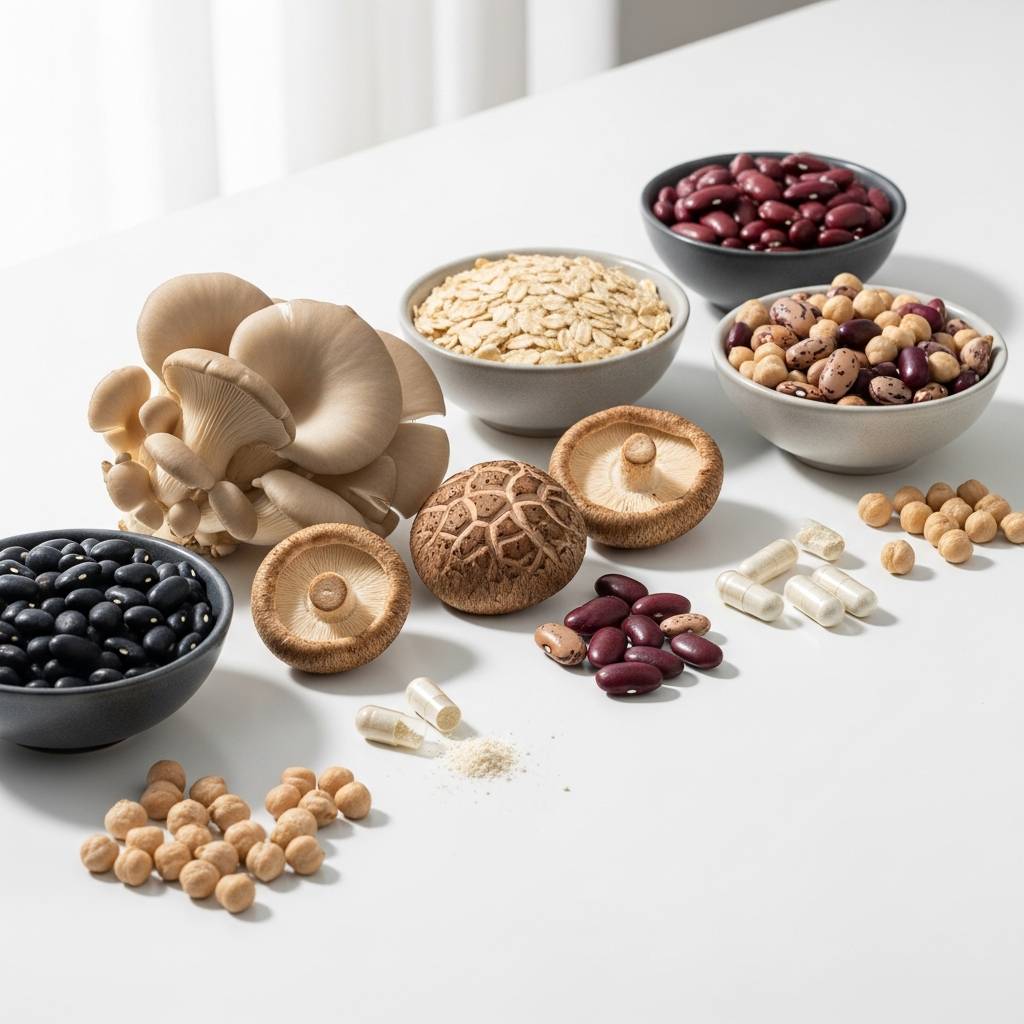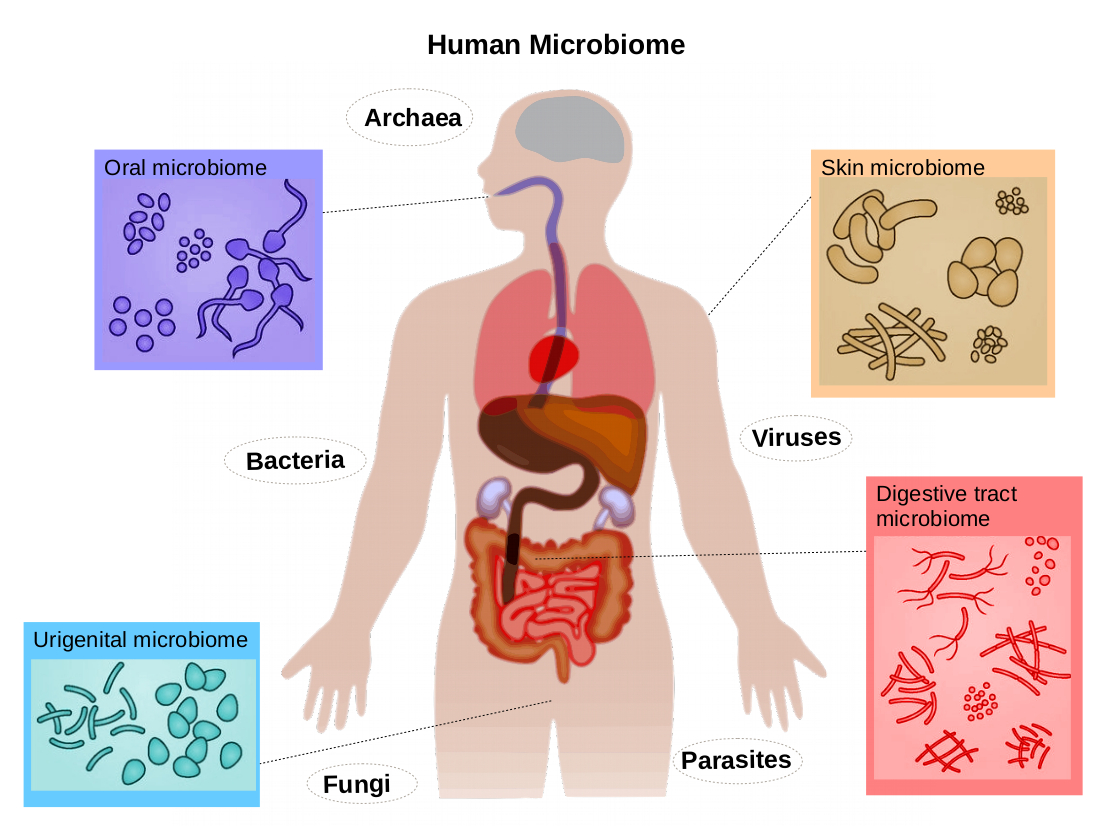Coenzyme Q10 (CoQ10) is a naturally occurring compound found in the mitochondria of our cells. It plays a crucial role in energy production and acts as a powerful antioxidant. CoQ10 is most concentrated in high-energy-demand organs such as the heart, brain, and liver, making it essential for maintaining overall health and slowing down the aging process. Here are the first five of nine key facts about CoQ10, explained in detail.
1. CoQ10: The Core of Cellular Energy
Overview: ATP (adenosine triphosphate) is the body’s “energy currency,” powering muscle contractions, nerve transmission, metabolism, and cellular repair. CoQ10 serves as an essential electron carrier in the mitochondrial electron transport chain, converting nutrients into ATP.
Mechanism: CoQ10 resides in the inner mitochondrial membrane, facilitating the transfer of electrons during oxidative phosphorylation. Without sufficient CoQ10, cells—especially energy-demanding cells like those in the heart, brain, and liver—cannot produce energy efficiently.
Research & Application: Clinical studies link CoQ10 deficiency to chronic fatigue, reduced exercise endurance, and muscle weakness. Supplementation can enhance energy metabolism, physical stamina, and mental focus.
Practical Tip: Individuals with high physical or mental demands, or those experiencing chronic fatigue, can benefit from dietary intake or supplementation to maintain optimal CoQ10 levels.
2. A Guardian of Heart Health
Overview: The heart is one of the most energy-demanding organs, requiring constant ATP supply to sustain its pumping function. Consequently, CoQ10 concentrations in cardiac muscle cells are significantly higher than in other tissues.
Mechanism: CoQ10 not only supports ATP production in heart muscle cells but also neutralizes free radicals, preventing oxidative damage. It maintains mitochondrial function and reduces the risk of cardiac cell injury.
Clinical Evidence: Multiple studies demonstrate that CoQ10 supplementation improves cardiac output and alleviates symptoms in patients with heart failure. It can also reduce muscle-related side effects in individuals taking statin medications.
Practical Tip: People who experience shortness of breath, fatigue, or chest discomfort during physical activity may benefit from CoQ10 supplementation, combined with regular cardiovascular exercise like walking or swimming.
3. Age-Related Decline of CoQ10
Overview: The body’s ability to synthesize CoQ10 peaks around age 20 and gradually declines thereafter, with a notable drop after 40 and an even sharper decrease after 60.
Mechanism: CoQ10 synthesis depends on various enzymes and cofactors, whose activity diminishes with age, leading to lower internal levels of CoQ10.
Research & Application: Reduced CoQ10 levels are associated with fatigue, weakened immunity, and decreased cardiovascular and cognitive function. Supplementation can support energy production and metabolic activity.
Practical Tip: Middle-aged and older adults should consider dietary sources and supplements of CoQ10 to maintain vitality, ideally in combination with aerobic exercise and a balanced diet.
4. Fatigue Relief and Energy Enhancement
Overview: Modern lifestyles often involve prolonged mental stress or physical exertion, leading to fatigue. CoQ10, as a central energy metabolism factor, directly influences stamina and mental performance.
Mechanism: By optimizing mitochondrial function, CoQ10 increases ATP availability in muscles and brain cells, enhancing endurance and cognitive focus. Its antioxidant properties also reduce exercise-induced oxidative stress, alleviating tiredness.
Clinical Evidence: Studies in athletes and individuals with chronic fatigue show that CoQ10 supplementation improves exercise capacity, reduces post-exercise muscle soreness, and enhances cognitive reaction time.
Practical Tip: People who work long hours, regularly experience fatigue, or engage in intensive physical activity can benefit from CoQ10 supplementation in combination with a balanced diet to improve energy and mental clarity.
5. Potent Antioxidant and Anti-Inflammatory Effects
Overview: Excess free radicals damage cell membranes, DNA, and proteins, accelerating aging and contributing to chronic diseases. CoQ10 is a key fat-soluble antioxidant in the body.
Mechanism: CoQ10 neutralizes free radicals, protecting cell membranes and mitochondrial structures from oxidative damage. It also reduces inflammation by modulating the expression of inflammatory markers.
Research & Application: Clinical studies show CoQ10 helps reduce the risk of atherosclerosis, supports cardiovascular and brain health, and mitigates oxidative stress-related conditions, including neurodegenerative diseases and diabetes.
Practical Tip: A diet rich in CoQ10—organ meats, fish, nuts, seeds, and leafy greens—or supplements can boost antioxidant defenses and help slow down cellular aging.
6. Crosses the Blood-Brain Barrier to Protect the Brain
Overview: CoQ10 can penetrate the blood-brain barrier, reaching brain cells where it plays a vital role in energy production and protection against oxidative damage.
Mechanism: Neurons are highly metabolically active and have limited intrinsic antioxidant defenses. CoQ10 supports mitochondrial function in the brain, reducing oxidative stress and protecting neurons from damage.
Research & Evidence: Studies indicate that CoQ10 may help slow the progression of neurodegenerative diseases such as Parkinson’s and Alzheimer’s. Supplementation has been linked to improved cognitive function and reduced neurological decline in some clinical trials.
Practical Tip: Individuals concerned about cognitive health, age-related memory decline, or neurodegenerative risk can benefit from CoQ10-rich diets or supplementation. Foods like fatty fish, nuts, and organ meats, along with high-quality supplements, are recommended.
7. CoQ10 as a Cofactor in Hundreds of Enzymatic Reactions
Overview: CoQ10 is not only an energy molecule and antioxidant; it also serves as a cofactor in numerous enzymatic reactions throughout the body.
Mechanism: It supports lipid metabolism, redox reactions, and cellular signaling pathways. By facilitating these reactions, CoQ10 ensures efficient metabolism, immune function, and cellular repair processes.
Research & Evidence: Deficiency in CoQ10 can impair metabolic pathways, leading to fatigue, muscle weakness, and compromised immune responses. Supplementation restores enzymatic efficiency and supports overall physiological balance.
Practical Tip: Maintaining adequate CoQ10 levels is essential for optimal metabolic and immune system performance. A combination of diet and supplementation can help ensure sufficient levels, especially for older adults or those with chronic conditions.
8. Supports Blood Pressure and Vascular Health
Overview: CoQ10 contributes to cardiovascular health by improving blood vessel function and supporting healthy blood pressure.
Mechanism: It enhances endothelial function, promotes nitric oxide-mediated vasodilation, and reduces oxidative stress in vascular tissues. This helps maintain arterial flexibility and reduces vascular resistance.
Research & Evidence: Clinical trials have demonstrated that CoQ10 supplementation can modestly lower systolic and diastolic blood pressure in individuals with mild to moderate hypertension. It also helps protect against atherosclerosis by reducing LDL oxidation.
Practical Tip: Individuals with elevated blood pressure or cardiovascular risk factors may benefit from CoQ10 supplementation as part of a heart-healthy lifestyle, including regular exercise, balanced diet, and stress management.
9. Dietary Sources and Practical Supplementation
Overview: While the body can synthesize CoQ10, dietary intake or supplementation may be necessary, especially as we age or under increased physical stress.
Food Sources:
-
Organ meats: liver, heart (pig, beef, chicken)
-
Meats and fish: beef, chicken, salmon, mackerel
-
Nuts and seeds: peanuts, pistachios, sesame seeds
-
Vegetables: spinach, broccoli, other leafy greens
Supplementation Advice: High-bioavailability CoQ10 forms (ubiquinone or ubiquinol) are recommended. Adults, particularly older individuals, athletes, or those taking statins, may benefit from daily supplementation.
Practical Tip: Combining dietary intake with supplementation can maintain optimal CoQ10 levels, supporting energy, cardiovascular, brain, and metabolic health.
Conclusion:
Coenzyme Q10 is a cornerstone molecule for energy production, antioxidant defense, and cardiovascular and brain health. Adequate levels, maintained through diet and supplementation, can enhance vitality, protect organs, and support long-term health. Understanding its mechanisms empowers individuals to manage health proactively.

